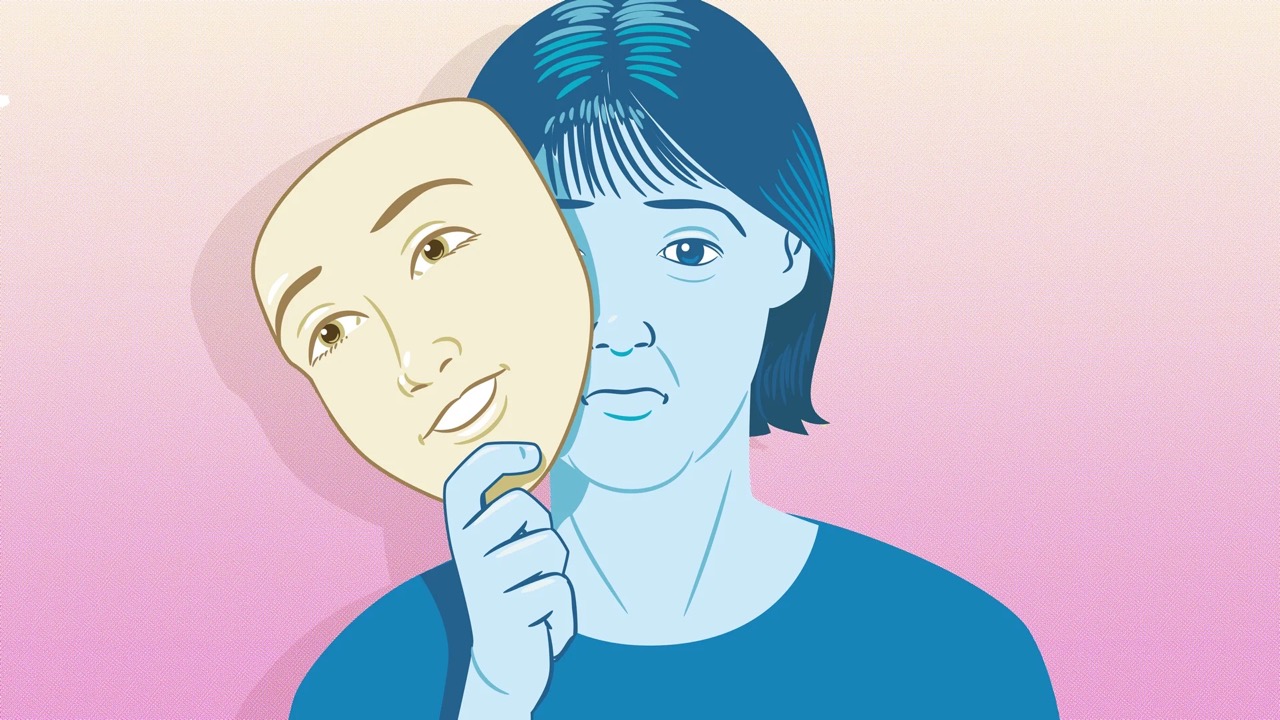What Is Imposter Syndrome? Ways To Identify It & Cope With It

Self Sabatoge, Feelings of Doubt, and downplaying your successes are all tell-tale signs of Imposter Syndrome. 05.07.24
What's Imposter Syndrome?
Imposter syndrome is a psychological condition in which one feels they are not worthy of their success, despite their knowledge or achievements. It’s common practice for individuals experiencing it to chalk their accomplishments up to luck or external circumstances. It’s not a diagnosable disorder. Studies have shown there is a correlation between depression and anxiety. If you experience either of these you are more susceptible to falling victim to this behavior.Imposter Syndrome is more likely to occur in marginalized groups but that’s not to say it can’t happen to anyone at anytime. According to some loose estimates, 70% of people are likely to experiencing it at least once in their life. And that one time could be enough to shatter the potential of an opportunity. If left unnoticed it can have a substantial impact on one’s career and performance. Doctors, programmers, artists; It doesn't matter what field you are pursuing, you are still vulnerable to it.
How To Identify It
Since there is no test or immediate way of diagnosing the disorder, we have to learn to identify it by analyzing ourselves. There are specific characteristics that might give light to someone experiencing it. The term was first coined in 1978 by psychologists Suzanna Imes and Pauline Rose Clance. The irony of it is most people who experience it are well-accomplished, highly intelligent individuals. They receive some type of recognition for their efforts and start to compare themselves to everyone else. It’s also very common amongst artists who have received critical acclaim for a piece of work. Since art is completely subjective it's even worse for them. Why me? All of the hours of work and time put in suddenly disappear from the mind.
Let's Give An Example
Imagine a newfound actor or actress standing up to receive an Oscar. It's been two years in Hollywood and their track record is still pretty much nonexistent. They we're in the running with people they have spent their entire life admiring or worshipping. Hollywood veterans so to speak. And to that person's surprise they win the award. Immediately they might start questioning if they deserve this or it's a mistake. Maybe they saw the other movies and thought they underperformed comparitively. How could I possibly win this when such amazing, talented people also we're nominated...This is imposter syndrome.List of Characteristics To Look Out For
- Attributing one’s past successes to luck or other external factors
- Being sensitive to constructive criticism
- Feelings of being found out as a fraud
- Fears that you won’t live up to expectations
Own Your Story & Own Your Success
If you have put in the work and shown signs of success that’s amazing news. Rather than dismiss this though, own it. If you start to feel bouts of imposter syndrome coming on, stop yourself in real time and reassure yourself that you are deserving.
Coping Mechanisms
There is always a way out of the dirt. The best way to impose changes is to catch yourself in the act and employ the coping strategy of your choice. For instance, if you find yourself in the moment starting to have thoughts doubting yourself, you can actively tell yourself "I do deserve this because I have worked hard to get here." By disrupting the chain of thought, you can begin a new one in which you don't fall victim to these negative thoughts. And yes I understand that this may sound a little straight forward and almost stupid. But you'd be amazed at how quickly the moment comes and goes. Practice giving yourself words of affirmation during these times. Sometimes the most simple and basic strategy is the best.There will always be someone who is more talented or experienced than you, and that's OKAY. That doesn’t mean you yourself don’t deserve credit for your own efforts. Let go of trying to be a perfectionist and start accepting where you are and what you have done. Learn to cultivate a little self-compassion.
